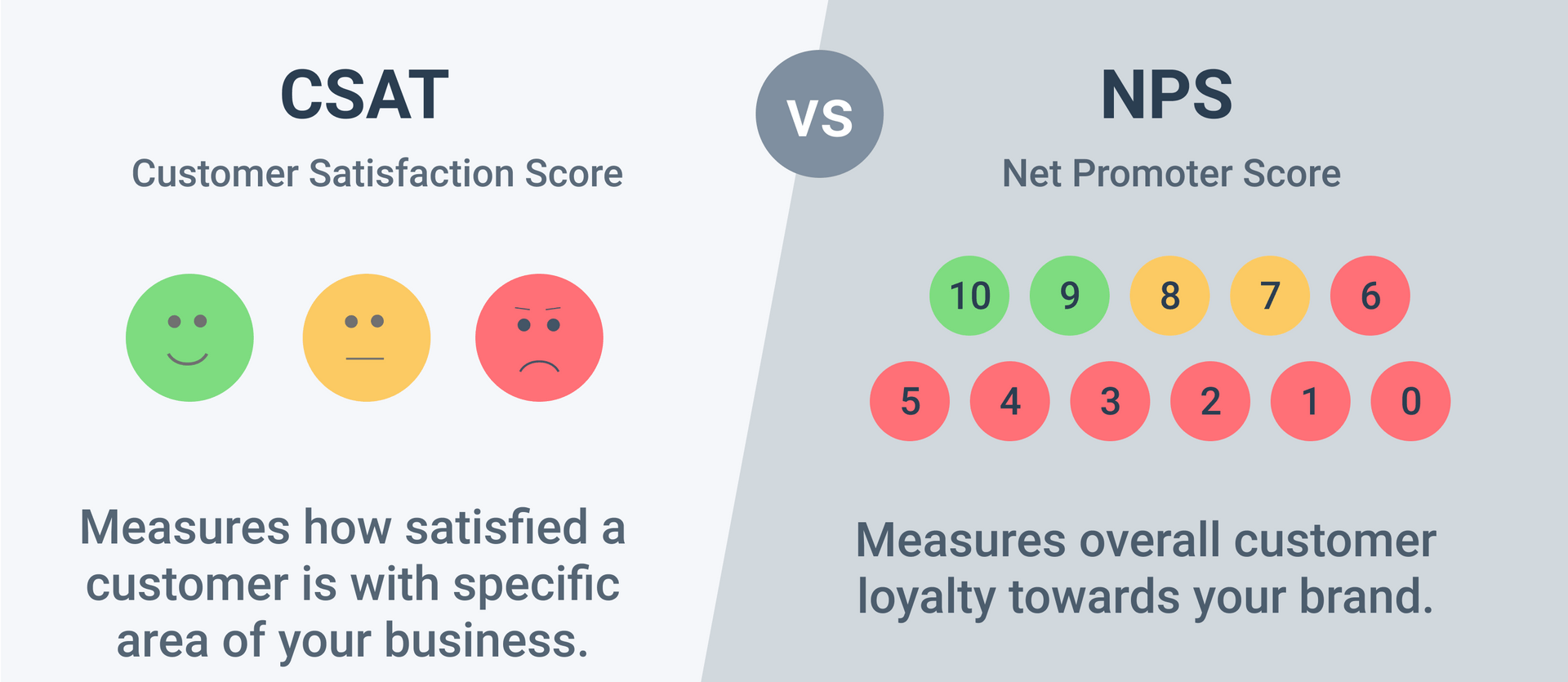Customer relationship management (CRM) and loyalty initiatives are crucial for businesses to build and maintain strong relationships with their customers. However, to ensure that these initiatives are effective, it’s important to measure their success. Measuring the success of CRM and loyalty initiatives can help businesses understand their customers better, improve their strategies, and ultimately, drive revenue. In this article, we’ll explore some best practices for measuring the success of CRM and loyalty initiatives.

Define clear and measurable goals
Before measuring the success of a CRM or loyalty initiative, it’s important to define clear and measurable goals. What are the specific outcomes you want to achieve? For example, do you want to increase customer retention, improve customer satisfaction, or boost revenue? Once you have defined your goals, you can use them as a benchmark to measure the success of your initiatives.
Use appropriate metrics
To measure the success of CRM and loyalty initiatives, it’s important to use appropriate metrics. For example, if your goal is to increase customer retention, you can measure it by tracking the percentage of customers who have made repeat purchases or the length of time between purchases. If your goal is to improve customer satisfaction, you can use metrics such as Net Promoter Score (NPS) or Customer Satisfaction Score (CSAT). Using appropriate metrics will help you track your progress and make data-driven decisions.

Analyze customer data
Analyzing customer data is an essential part of measuring the success of CRM and loyalty initiatives. By analyzing customer data, businesses can gain valuable insights into customer behavior, preferences, and needs. This can help businesses identify areas for improvement and tailor their initiatives to better meet the needs of their customers. For example, if you notice that a large number of customers are dropping off before completing a loyalty program, you may need to adjust the program’s structure to make it more appealing and engaging.
Monitor customer feedback
Monitoring customer feedback is another important aspect of measuring the success of CRM and loyalty initiatives. Customer feedback can provide valuable insights into how customers perceive your initiatives and what they like or dislike about them. Businesses can gather feedback through surveys, focus groups, or social media listening. By monitoring customer feedback, businesses can identify areas for improvement and make data-driven decisions to improve their initiatives.

Continuously improve
Measuring the success of CRM and loyalty initiatives is an ongoing process. Businesses should continuously monitor their metrics, analyze customer data, and gather feedback to make improvements. By continuously improving, businesses can ensure that their initiatives are effective, relevant, and aligned with their goals.
In conclusion, measuring the success of CRM and loyalty initiatives is essential for businesses to build and maintain strong relationships with their customers. By defining clear and measurable goals, using appropriate metrics, analyzing customer data, monitoring customer feedback, and continuously improving, businesses can ensure that their initiatives are effective and drive revenue. If you’re looking to measure the success of your CRM and loyalty initiatives, feel free to contact us for a consultation!
User-Friendly CRM for Marketers: Take Control of Your Loyalty Program
To learn more about taking control of your loyalty program with our user-friendly CRM for marketers, visit our page and experience the power of personalized loyalty campaigns and data-driven insights!